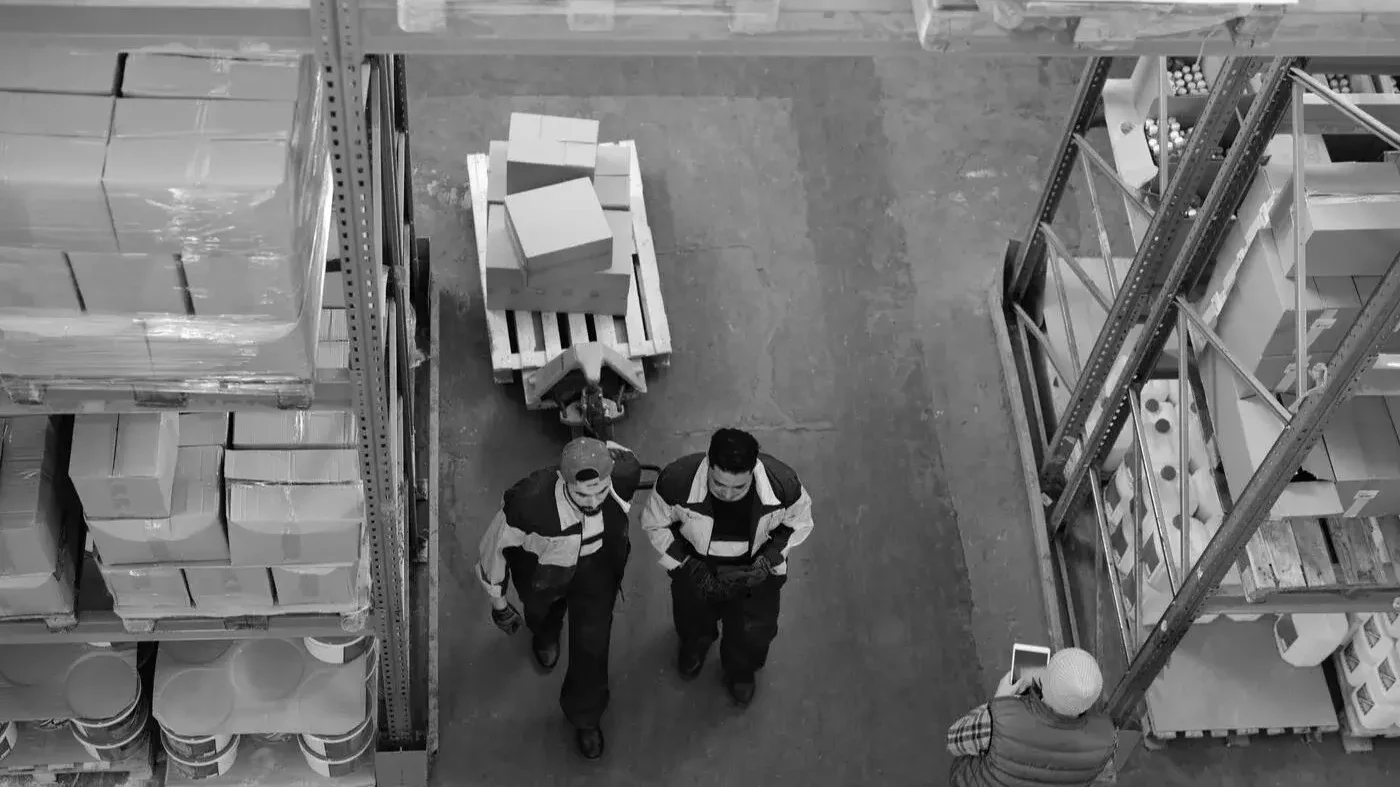To succeed in today’s business climate, you must constantly look for ways to streamline your supply chains. This typically involves the application of lean methodologies.
Lean-thinking companies create processes for their operations and customers that generate zero waste. By managing the flow of products and services through the entire value chain, a company can achieve this goal. Here are four core lean principles that will help your transportation network limit waste and run at peak performance.
1. Identify the value stream and eliminate unnecessary steps:
Does your company regularly assess its transportation value stream? If not, this is a critical first step to a lean operation — but remember, each step should be uniquely suited to your business. Every process should be mapped out, examined and simplified. This mapping will give your operational teams a benchmark for developing operating procedures that support the business in a consistent way going forward. Then, by reviewing the value stream maps on a regular basis, you’ll consistently improve efficiency and minimize risk.
2. Improve the process flow:
Opportunities to increase efficiency span the entire value stream map. Some common areas of improvement within a transportation network are network design, workload delegation, system automation and key performance indicators (KPIs). Questions to consider include:Is your operation in the best location for your transportation patterns?
- Is it staffed appropriately with people who have the right skill levels?
- What processes can be automated?
- What are the best KPIs for your business (the most meaningful measures of success)?
Over time, your organization’s collective experience can be leveraged to avoid repeating choices that deliver sub-par results.
3. Empower your employees:
4. Continuously repeat and improve the process:
Lean processes are never static—they should be continually improved so that expectations will be exceeded time and again. Even small incremental improvements can amount to vast improvements in processes and equate to substantial savings. As your business evolves, so too should your thinking. This could mean taking on a hybrid methodology or interweaving lean thinking with other methodologies: for example, to achieve greater agility or more efficient routing.
the heart of a transportation network
These tools of continuous improvement are at the heart of a well-oiled transportation network. If materials or equipment are moved around the network more than necessary, or onloaded and offloaded too much, it can result in damaged products, higher costs and reduced productivity. Moving parts, raw materials or finished goods in and out of storage multiple times between trips creates waste.
It’s not always easy to reorganize the flows of inventory, equipment, products and people to achieve a lean network, but the rewards are significant. A business that employs lean processes has worked through the kinks and can apply that knowledge to future processes.
If your core business is not logistics, a managed transportation provider can create value for your company. Managed transportation experts uncover cost savings, exercise risk management and customize KPI reporting and analysis, as well as provide digital visibility into the movement of your goods.
By leveraging a managed transportation provider’s expertise and technology for your specific needs, you’ll have a lean transportation network that better serves your company and your customers, while freeing you to focus on your core business.
To learn more about managed transportation solutions, contact Hurtler today.



